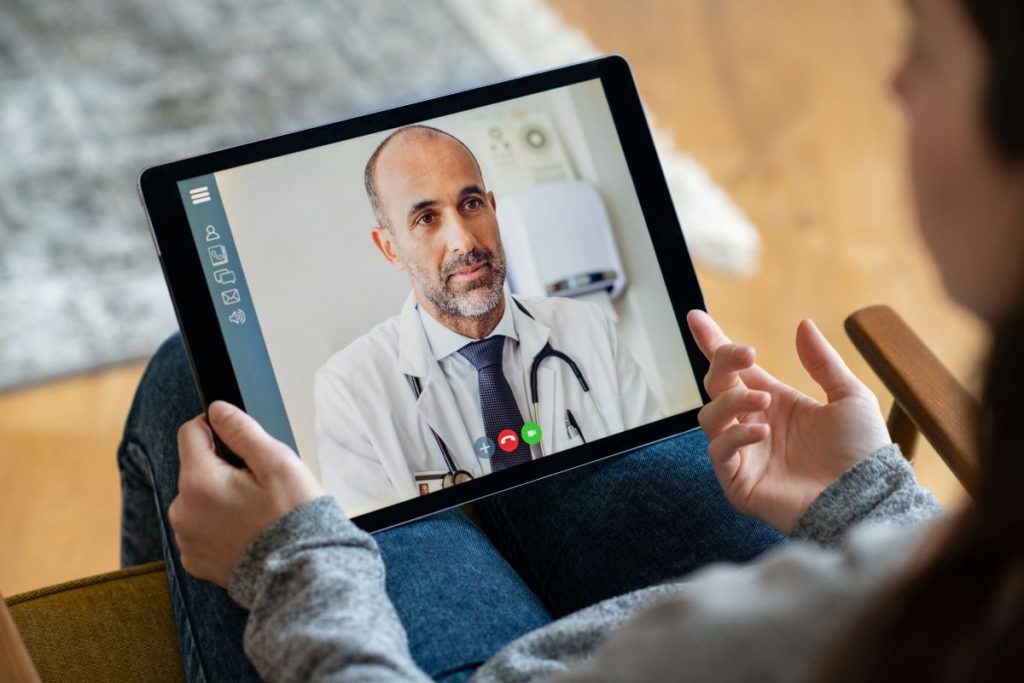Technology has come a long way since the space race of the 1960s. Today’s smartphones are far more powerful than the computers that guided the Apollo spaceships that put men on the moon. Medicine also has dramatically altered since the 1960s. Then, you probably would have gone to visit your physician in person after calling to make an appointment. Now, making appointments online is common, but technology also gave us more ways to get medical advice. Especially since the beginning of the COVID-19 public health emergency, many of us are more likely to use telemedicine options for quick medical advice. But the question remains: Is telemedicine safe enough to handle your medical needs?
Telemedicine: What It Is and Why it Matters
A general definition of the term “telemedicine” states it is “the remote diagnosis and treatment of patients by means of telecommunications technology.”
Telemedicine became more widespread after the arrival of the coronavirus in the United States.
In fact, the U.S. Centers for Disease Control and Prevention (CDC) currently defines telemedicine as:
“… the use of electronic information and telecommunication technology to get the health care you need while practicing social distancing.”
Telemedicine protects patients from COVID-19 exposure. It also protects medical personnel from COVID-19 transmission during in-person examinations, especially for minor medical issues.
Additional Benefits of Telemedicine
Using technology for healthcare benefits people who are housebound or live far from medical facilities. Patients who use telemedicine might also enjoy the convenience of communicating with healthcare providers through phone, videos, chat messaging, or email. The time it takes to get medical attention may be reduced by using these options. Also, patients and their families can save on transportation costs.
Healthcare providers may find it easier to monitor patients and stay in touch with hard to reach patients.
However, does the use of telemedicine options affect patient care?
The Medical Profession’s Standard of Care Applies … and More
Doctors and other healthcare providers owe a duty of care or standard of care to their patients. Generally, standard of care means the care that would reasonably be provided by another healthcare professional. When healthcare providers breach the standard of care, patients may have a malpractice claim against them.
Care provided through telemedicine is held to the same standards as care provided in person. However, the American Medical Association (AMA) also suggests that medical professionals:
- Confirm a patient’s identity.
- Make sure that their services are appropriate for the patient.
- Keep records of their exams, diagnoses, and treatments.
- Get the patient’s informed consent.
- Promote follow-up care when needed.
It’s also important that doctors using telemedicine keep their patient’s medical records safe from cyberattacks.
What Happens if You Are Injured Because of Telemedicine?
It’s critical that you contact an attorney as soon as possible. You can protect your rights and learn more about potential compensation for your injuries.
At the Dailey Law Firm, P.C., our team of skilled lawyers and professionals provide the high-quality legal services you need. Call us at 844-342-5353 to set up a free consultation or use the Contact Form on our website. There’s no fee for personal injury cases unless we win.
We represent clients throughout the entire United States. You can reach us online or visit one of our offices in Detroit, MI; Chicago, IL; or Valparaiso, IN.

